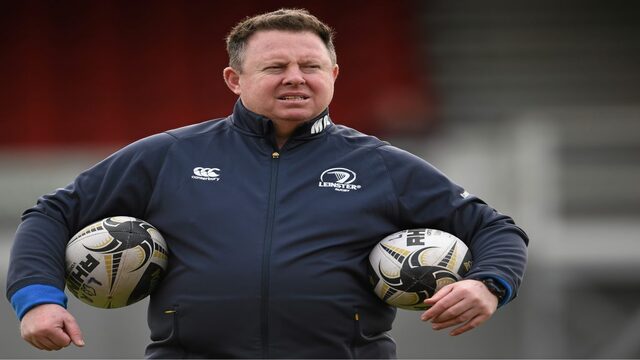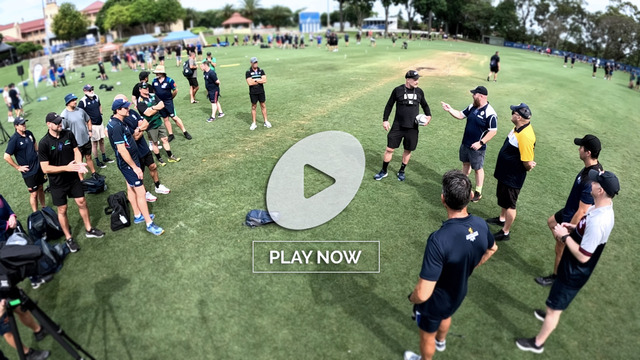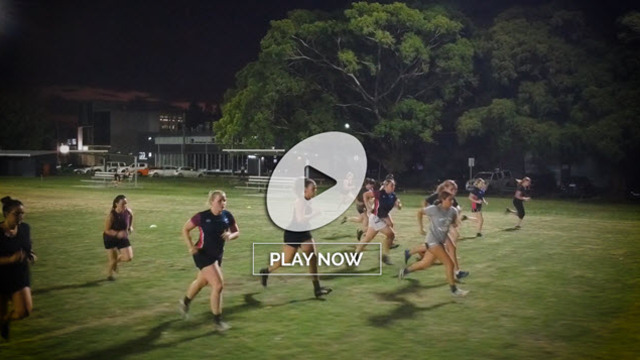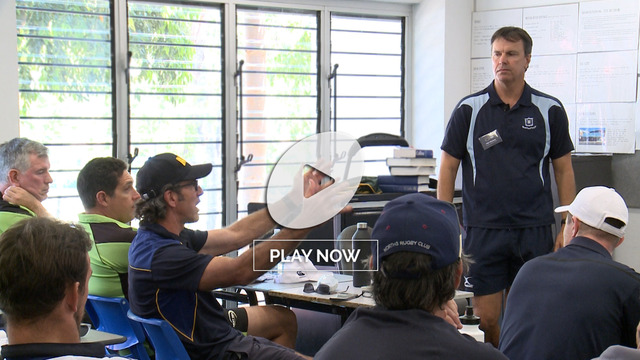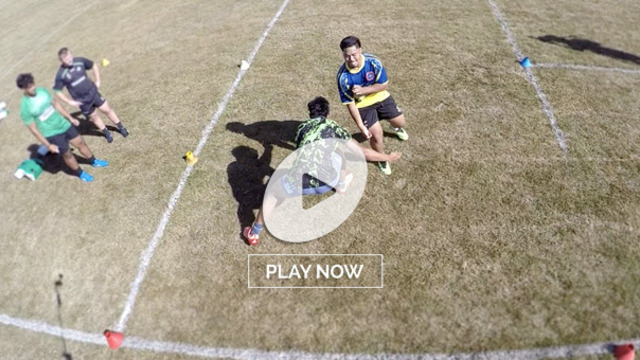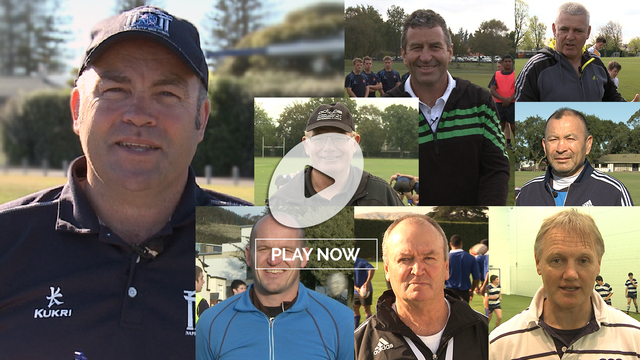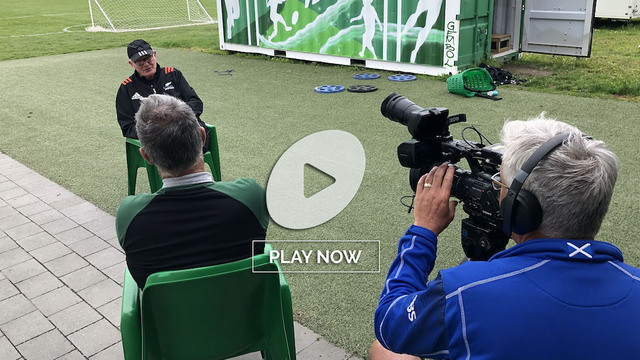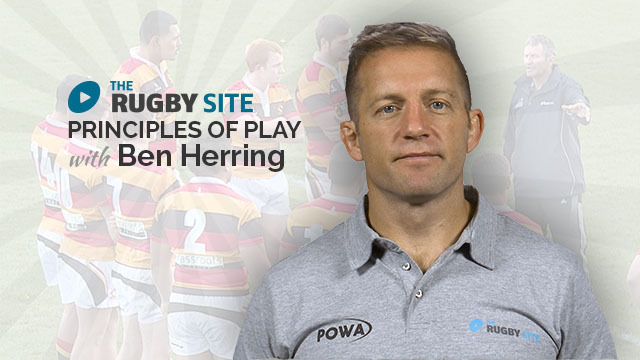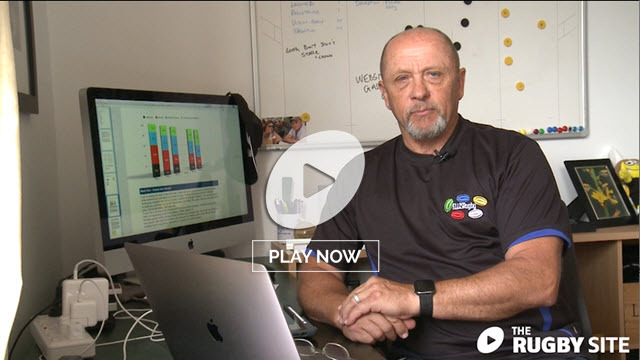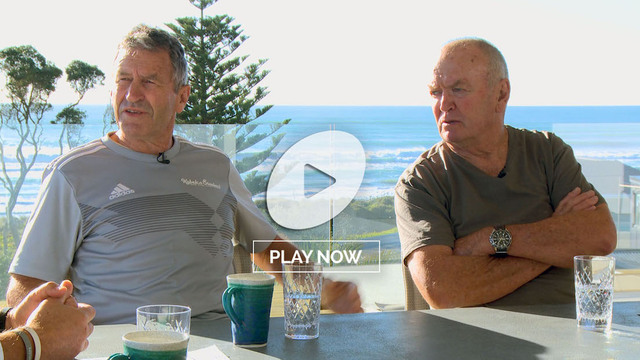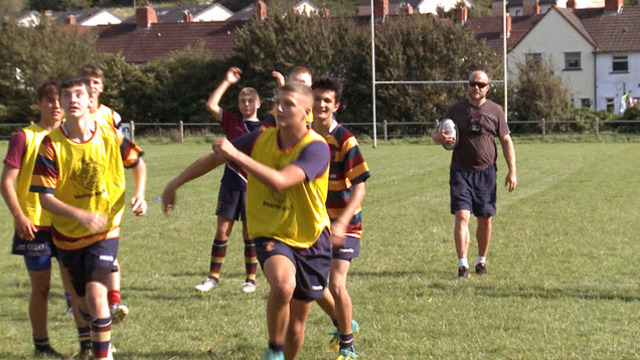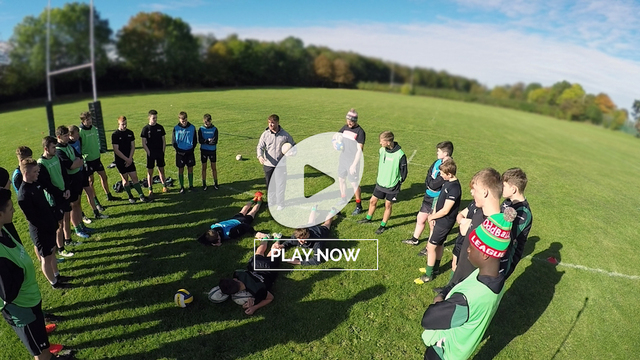Tigers run out of patience after just one game?
The biggest story to emerge from the opening round of the newly-sponsored Gallagher Premiership in England was unfortunately not the heroics of a player – although Danny Cipriani did his best hog the headlines.
Instead, it was the surprising and somewhat shocking departure of a coach – Leicester’s Matt O’Connor – just one game into the season.
O’Connor parted company with his employers in the wake of a 40-6 hammering at the hands of Exeter at Sandy Park where the lacklustre performance was arguably more alarming than the final result.
“We believe the time is right to make this change in the best interests of the Tigers moving forward,” said Tigers chairman Peter Tom in a statement issues just 48 hours after the final whistle.
The decision brought an end to O’Connor’s second spell at the club that began during the 2016/17 season when he was drafted in following the departure of Aaron Mauger – another coach shown the door for failing to live up to the Tigers’ traditional standards.
Prior to that O’Connor had worked under both Heyneke Meyer and Richard Cockerill at Welford Road, during which time he won the Premiership, before going on to taste PRO12 success at Irish province Leinster.
It was the timing of the decision to drop the axe that perhaps grated most with many bemoaning the latest example of rugby union following the lead of football, a sport renowned for the impatience of its club owners.
The timing is all the more baffling when you consider the club gave O’Connor pre-season to put his plans for a revival in place – and then just 80 minutes to prove they were on the right road to recovery.
Reports had circulated that O’Connor had himself reported back late for pre-season but warm-up victories over Cardiff Blues and London Irish – along with a defeat to Treviso – suggested signs of promise.
There were also reports of disquiet at the fact that some leading players saw no game time during pre-season – a bizarre fact noted by Exeter boss Rob Baxter in his preparation for the opener.
The Tigers insist that the decision was not taken lightly, nor based solely on the performance and the result against the Chiefs.
The club’s ‘poor’ return last season – when Leicester could only finish 5th and so missed out on the play-offs for the first time in 14 years – was a key factor in O’Connor’s exit.
That historic failure prompted an internal review involving O’Connor, his coaching staff, senior players and members of the club’s rugby committee.
The end result was an action plan, containing many ideas tabled by O’Connor himself, that it was hoped would prevent a repeat this season.
Former Leicester and England second row Ben Kay, now a Tigers board member as well as a respected analyst and broadcaster, offered an insight into the club’s thinking after the defeat to Chiefs on his latest appearance on BT Sport’s Rugby Tonight programme.
“The manner of the performance meant the board came away thinking that those actions had not been acted on and the agreed path forward hadn’t been acted on,” Kay explained.
“The easy thing to do would have been to leave it a few weeks, it would have been far less embarrassing for the club,” he added. “But when you make that decision you have just got to get on with it, think of the future and give the next person the time to make a difference.”
It is certainly a brutal approach, that some will say does not reflect well on the Tigers, but illustrates the increasingly cut-throat nature of top level rugby union.
Unsurprisingly, Rugby Coaches’ Association director Richard Moon was not impressed.
“Whatever has been going on up to that point it seems to me extremely unfair to judge a coach after one game,” he told The Guardian. “That’s a disturbing trend. It seems grossly unfair on the coach."
“I fear it’s becoming a trend. It’s an inevitability about professional sport. There’s a football analogy because it seems to be coming into rugby union and I fear a trickle may become a torrent.”
The decision to hand the reins to assistant coach Geordan Murphy and later hint that he is likely to continue in the role for the foreseeable future may at first seem puzzling as he has played a significant role in a set-up that has been deemed ineffective.
In addition, it may suggest that the problem was not necessarily what the players were being asked to do, but who was asking them to do it.
Just a week after that life-less performance against the Chiefs, a Tigers side showing just two changes from that dark day at Exeter, fizzed in front of their home fans and ran in five tries on their way to a 49-33 victory over Newcastle Falcons – the side that pipped them to a semi-final place last season.
That is quite a turnaround in the space of just seven days.
There can be no doubt that there is increasing pressure on leading coaches to deliver.
Just last season we saw how former Bath boss Mike Ford went from the ‘Premiership Coach of the Year’ to the job queue in less than a year.
Profits in English rugby’s top fight are as rare as defeats for the All Blacks and the threat of relegation and possible further financial woe weigh heavy on many boardroom in what is an intensely competitive league.
Recently promoted Bristol Bears have cranked up the pressure even further with deep-pocketed owner Stephen Lansdown splashing plenty of his considerable cash – he has a reported fortune of £1.72bn to his name – to cement his side’s top flight status.
That investment included securing the services of Charles Piutau in a reported ‘£1m a year deal’ that made him the highest paid player in the world.
If you needed further evidence that English rugby’s leading clubs are feeling the pressure, you need look no further than the week’s other big story.
It was revealed that Premiership Rugby, the umbrella organisation representing the clubs, was considering a potential takeover bid from CVC Capital Partners, the former owners of F1, which would provide all the clubs with a significant multi-million pound injection.
O’Connor is also now looking for a new revenue stream at time when most coaches are just bedding in and he must rely on another club losing patience.
Unfortunately, if we want the game to go from strength to strength both on and off the field with bigger names, larger crowds, rising TV audiences, mega-money sponsorship deals and with it greater drama and jeopardy – it is a scenario that may become all too common and sadly no longer big news.
